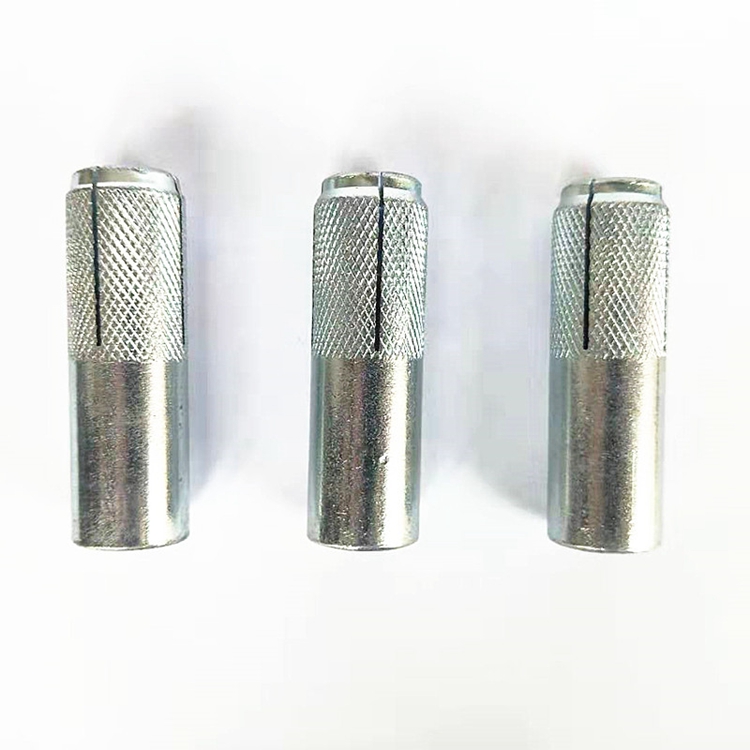famous coil bolts
Oct . 05, 2024 09:26 Back to list
famous coil bolts
The Rise of Famous Coil Bolts An Unsung Hero in Engineering
When it comes to the world of engineering and construction, there are countless components that play crucial roles in ensuring structural integrity and operational efficiency. Among these, coil bolts stand out as essential, yet often overlooked, elements. Known for their versatility and strength, famous coil bolts have become an indispensable tool in various industries, including automotive, aerospace, and heavy machinery. This article delves into the significance of coil bolts, their applications, and their rising prominence in modern engineering.
Understanding Coil Bolts
Coil bolts, as the name suggests, are specialized fasteners that feature a coiled or helical design. This unique shape enables the bolts to provide superior grip and tension in applications where conventional fasteners may falter. They are typically made from durable materials such as steel or alloys, ensuring longevity and resistance to fatigue and corrosion. The coiled structure enhances the surface contact area, leading to higher load-bearing capabilities, which is vital in applications that demand high performance and reliability.
Applications Across Industries
The versatility of coil bolts has led to their adoption across various sectors. In the automotive industry, they play a critical role in securing components ranging from engines to suspension systems. Given the constant vibrations and stresses within a vehicle, the ability of coil bolts to withstand dynamic loads without loosening is invaluable.
Similarly, in the aerospace sector, where weight savings and structural integrity are paramount, coil bolts have become a preferred choice. Their lightweight yet strong design allows for significant weight reduction without compromising safety. Aircraft manufacturers often utilize these bolts in assembling fuselages, wings, and landing gear, where precision and reliability are essential.
Construction and civil engineering are other key sectors benefiting from coil bolts. In high-rise buildings and infrastructure projects, these bolts are used to secure steel frames, ensuring that structures can withstand environmental pressures such as wind loads and seismic activity. Given the growing need for durable and sustainable construction materials, the demand for coil bolts is anticipated to increase as engineers seek reliable solutions for modern challenges.
famous coil bolts

Evolution of Design and Manufacturing
The evolution of coil bolts has been influenced by advancements in manufacturing technologies. With the introduction of computer-aided design (CAD) and computer numerical control (CNC) machining, manufacturers can produce coil bolts with remarkable precision and customization. This capability allows for the development of bolts that meet specific requirements in terms of size, strength, and material composition.
Moreover, the advent of surface treatments and coatings, such as galvanization and anodization, has enhanced the durability of coil bolts. These treatments provide additional protection against corrosion and wear, thereby extending the lifespan of the fasteners and reducing maintenance costs for users.
The Importance of Quality Standards
As the demand for coil bolts continues to grow, so does the need for stringent quality standards. Organizations such as ASTM International and ISO (International Organization for Standardization) have established guidelines to ensure that fasteners, including coil bolts, meet specific safety and performance criteria. Compliance with these standards is crucial for manufacturers and end-users alike, as it ensures reliability and efficacy in critical applications.
Engineers and designers increasingly emphasize the importance of quality when selecting coil bolts for their projects. It is essential to consider factors such as material properties, tensile strength, and resistance to environmental factors to ensure the right bolt is chosen for the application. Failure to do so can result in catastrophic consequences, leading to safety hazards and financial losses.
Conclusion
In summary, coil bolts may not receive the same recognition as other engineering components, but their importance cannot be overstated. As industries continue to advance and evolve, coil bolts are likely to remain a fundamental part of the engineering landscape. With their impressive strength, versatility, and growing presence in critical applications, these fasteners are becoming famous in their own right. The continued evolution of design and manufacturing will keep coil bolts at the forefront of innovation, ensuring they meet the complex demands of tomorrow's engineering challenges. As we pave the way for a more sophisticated and robust future, let us not forget the unsung heroes like coil bolts that hold it all together.
Latest news
-
High-Quality Panel Stud Bolt Reliable Panel Stud Bolt Factory & Suppliers
NewsJul.08,2025
-
High-Precision Fine Thread Locknuts Manufacturer & Supplier Custom Solutions
NewsJul.08,2025
-
PH Imperial Stud Bolt – High Strength Fasteners from Leading Supplier & Factory
NewsJul.07,2025
-
High-Quality Allen Wrench Bolts Leading Factory, Company & Suppliers
NewsJul.07,2025
-
Wholesale Ball Stud Bolt - High Quality Supplier & Factory Price Reliable Wholesale Ball Stud Bolt Company
NewsJul.06,2025
-
High-Strength Alloy Bolts Manufacturer & Supplier Quality Alloy Fasteners Factory
NewsJul.06,2025
